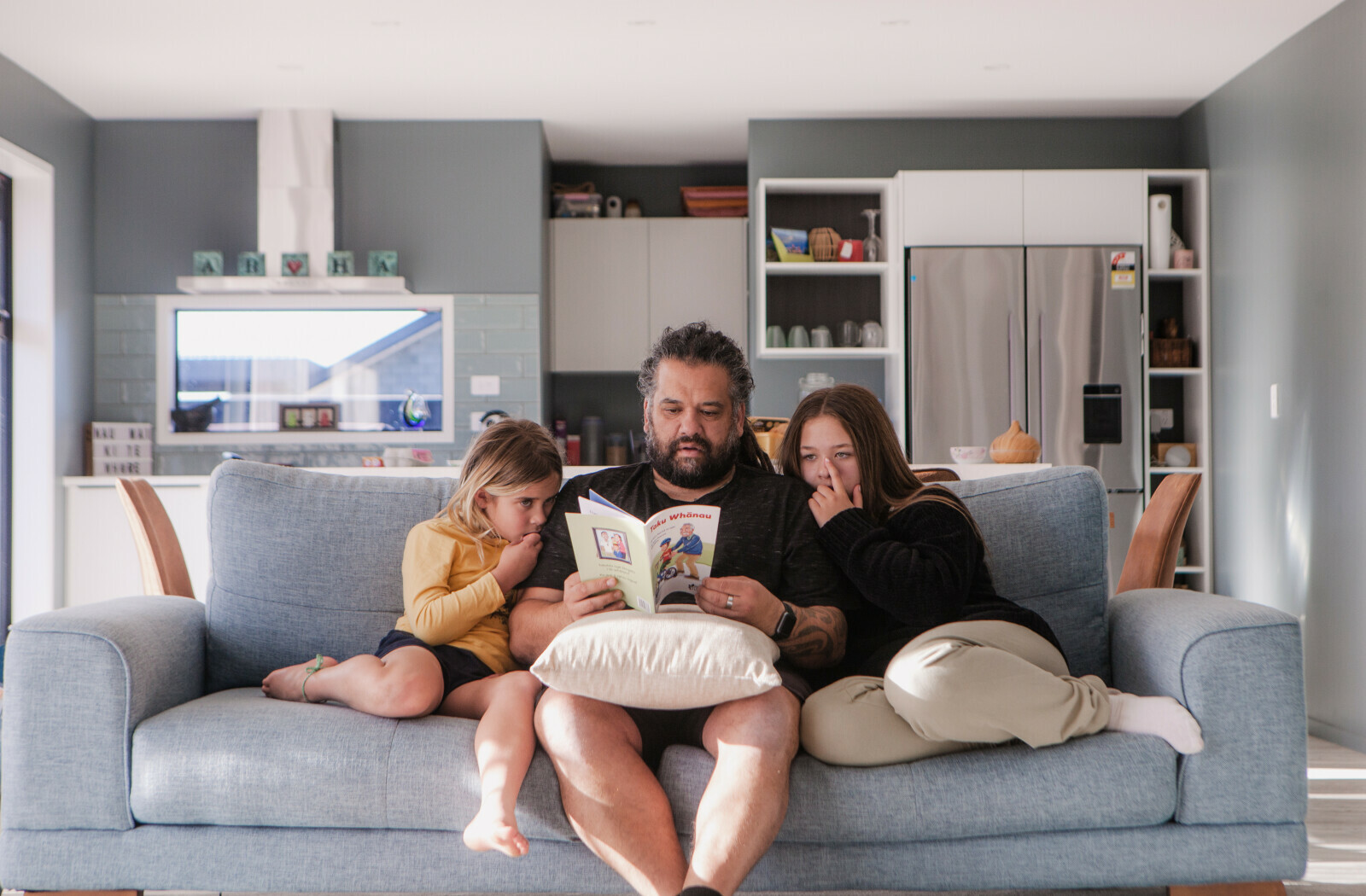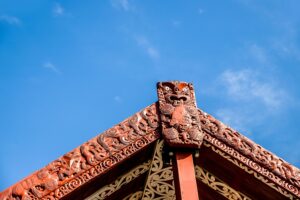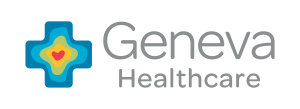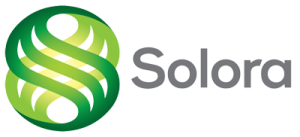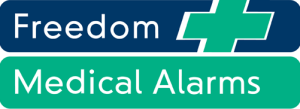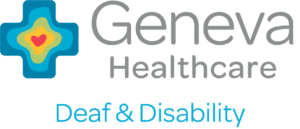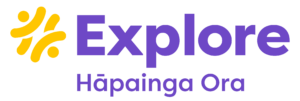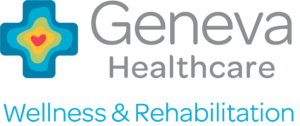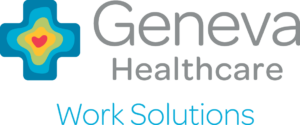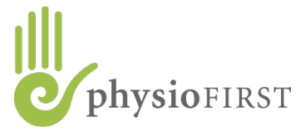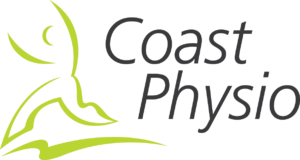As we celebrate another Te Wiki o te Reo Māori (Māori Language Week), the team at New Zealand Health Group is excited to introduce a new initiative which puts te reo Māori front and centre all year round. We understand that language isn’t just a way of making ourselves understood – language lies at the heart of a culture, and contains truths, understandings, and ways of seeing the world which are wholly unique. This is why we believe it’s so important to ensure that te reo Māori survives and thrives.
To further our mission of protecting te reo Māori and normalising it in the workplace, we are implementing a reo strategy which includes integrating common kupu (words) into our company vocabulary. While we’re highlighting these ten words over the course of Te Wiki o te Reo Māori, this is no fad: as committed Te Tiriti partners, New Zealand Health Group is dedicated to raising the profile of the Māori language every day.
Read on to find out a little more about the kupu we’ve decided to adopt across our organisation. The words below are just a small step on our journey – but this is a journey we believe in wholeheartedly.
Ko taku reo taku ohooho, ko taku reo taku mapihi mauria
My language is my awakening, my language is the window to my soul
Kia ora
This informal greeting is a phrase that every Kiwi will have heard at one point or another. Often used in a similar way to the NZ / Australian English “g’day”, but can also be used in a variety of other contexts (cheers; thanks; good luck; best wishes) kia ora literally translates to “have life” or “be well”. As a saying that’s commonly spoken all across the motu (not to mention its apt literal meaning), we thought kia ora was a very appropriate inclusion for our initial ten kupu.
Mahi
Another te reo word that’s made its way into New Zealand English, mahi doesn’t just mean our occupation – it also speaks to the hard work necessary to get the job done. Tracing its origin back to a word denoting strength and an industrious nature, mahi describes the day-to-day activities of the New Zealand Health Group team and hints at the persistence and tenacity it takes to strive for the wellbeing of all New Zealanders.
Kaimahi
He aha te mea nui o te ao? He tangata, he tangata, he tangata – What is the most important thing in the world? It’s the people, it’s the people, it’s the people. New Zealand Health Group’s most precious taonga is our kaimahi – that is, our employees or staff. While the English equivalents of this word emphasise a person’s relationship with the organisation that pays them, in te reo Māori kaimahi means “someone who does the work”. We believe that hard work is far more important than hierarchy, and that each member of our team should be valued for the work they do.
Whānau
While it would be easy to simply translate whānau as “family” and leave it there, that would miss the depth of meaning contained in this kupu. The word whānau speaks to a sense of community and belonging – and though its literal definition denotes the extended family unit, today whānau encompasses family, friends, and those we feel connected to.
Hauora
This kupu is particularly close to our hearts at New Zealand Health Group. Our mission is to achieve equitable wellbeing for everyone, so this philosophy of holistic health is central to who we are and what we do. Hauora incorporates various aspects of health and wellbeing, including physical, mental/emotional, social, and spiritual wellbeing, as illustrated by Sir Mason Durie’s Te Whare Tapa Whā approach.
Oranga
Related to hauora and often used interchangeably (similarly to health and wellbeing in English), oranga means life, welfare, and good living. While hauora relates to the various elements that contribute to a person’s health, oranga refers to a slighty broader concept of wellbeing which can apply to a person, a group of people, a community, or the environment.
Karakia
Originally ritual chants or spoken charms which allowed people to align their day-to-day activities with their ancestors, deities, and the natural environment, today karakia are often thought of in a similar way to prayers and blessings. These traditional incantations can be used in a variety of settings, often bringing people together towards a shared focus or goal.
Tāngata Whaikaha
Tāngata Whaikaha describes disabled people, though its tone and implication are arguably much more positive than the English phrase. ‘Whaikaha’ means to have strength, to have ability, to be ‘otherly-abled’ and to be enabled. This term speaks of people who are determined to do well, with an emphasis on gaining strength and ability. Discover more disability-related te reo terms here.
Tangata Whaiora
This the term we use for someone we support: literally “a person seeking health” (plural: tāngata whaiora). As an organisation with a commitment to achieving equitable wellbeing for everyone, it’s our mission to provide tāngata whaiora with access to the care they need, in a way that upholds their hauora.
Kiritaki
New Zealand Health Group supports over 30,000 people to get on with making the most of life in their own homes, communities, and workplaces – and while we often refer to these people as tāngata whaiora, they can also be thought of as kiritaki – our customers, or clients. We not only have a moral imperative to care for our tāngata whaiora: we also have a contractual obligation to fulfil our commitments to our kiritaki.
While we’re very excited to be adding these ten kupu to our organisation’s vocabulary, this isn’t the end of New Zealand Health Group’s journey with te reo Māori. We are committed to doing our part in preserving, promoting, and celebrating this beautiful language as an integral part of Aotearoa New Zealand’s culture – stay tuned for further developments.

